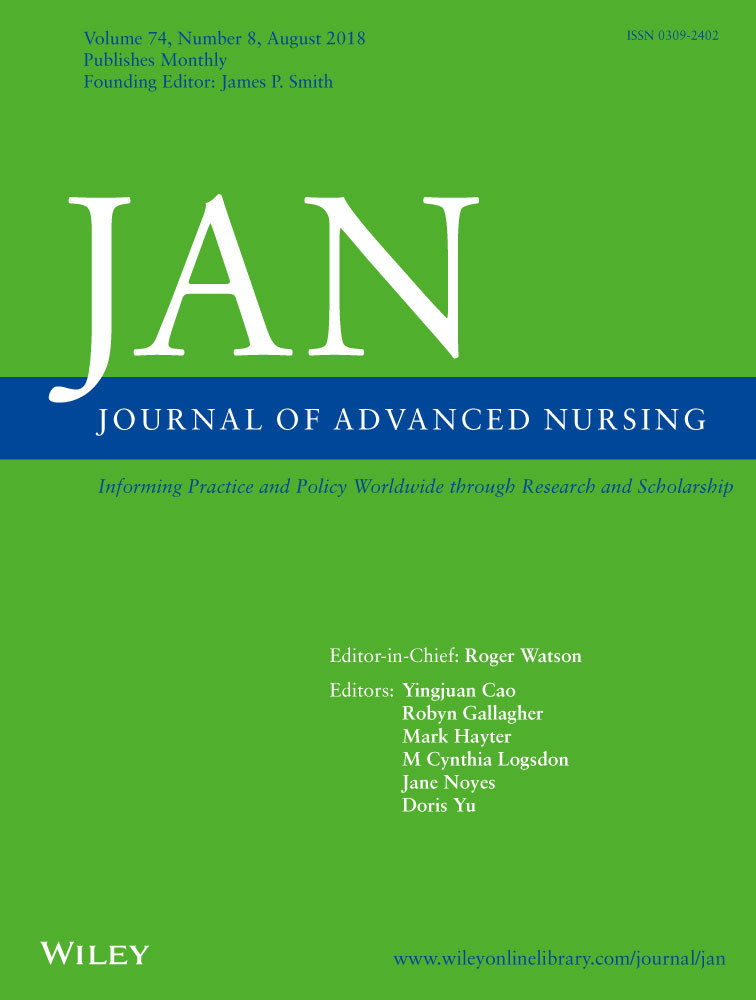Critical care nurses’ experiences of caring for a dying child: A qualitative evidence synthesis
Funding information
This research received no specific grant from any funding agency in the public, commercial, or not-for-profit sectors
Abstract
Aim
To synthesize qualitative research examining the experience of critical care nurses caring for a dying child.
Background
Caring for a dying child remains one of the most difficult aspects of nursing, potentially leading to personal and professional distress. A thorough understanding of this experience for critical care nurses allows for improved delivery of care and support for the nurse.
Design
A qualitative evidence synthesis was undertaken, informed by Thomas and Harden's thematic synthesis methodology.
Data Sources
Studies were retrieved from CINAHL Plus, Scopus, OVID Medline, and Embase, alongside hand-searching reference lists in February 2016.
Review Methods
Two reviewers independently assessed each study using a multistep screening process and performed critical appraisal of each included study. Data were extracted onto a predeveloped tool and analysed using thematic analysis.
Results
There is a blurred line between the role of the nurse as a person or a professional while caring for the child and family throughout hospitalization and during and after the death. Each stage of care involves tasks and emotions that highlight the changing dominance of the nurse as either a person or professional.
Conclusion
Personal, interpersonal, and contextual factors affect delivery of care and impact of the death of the child on the critical care nurse. Reviewing individual and institutional practices could improve provision of care, interprofessional collaboration, and support provided to staff involved.
6 CONFLICT OF INTEREST STATEMENT
No conflict of interest has been declared by the authors.




